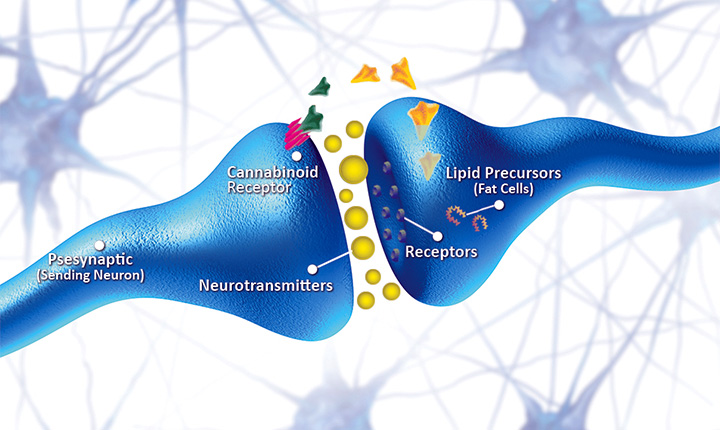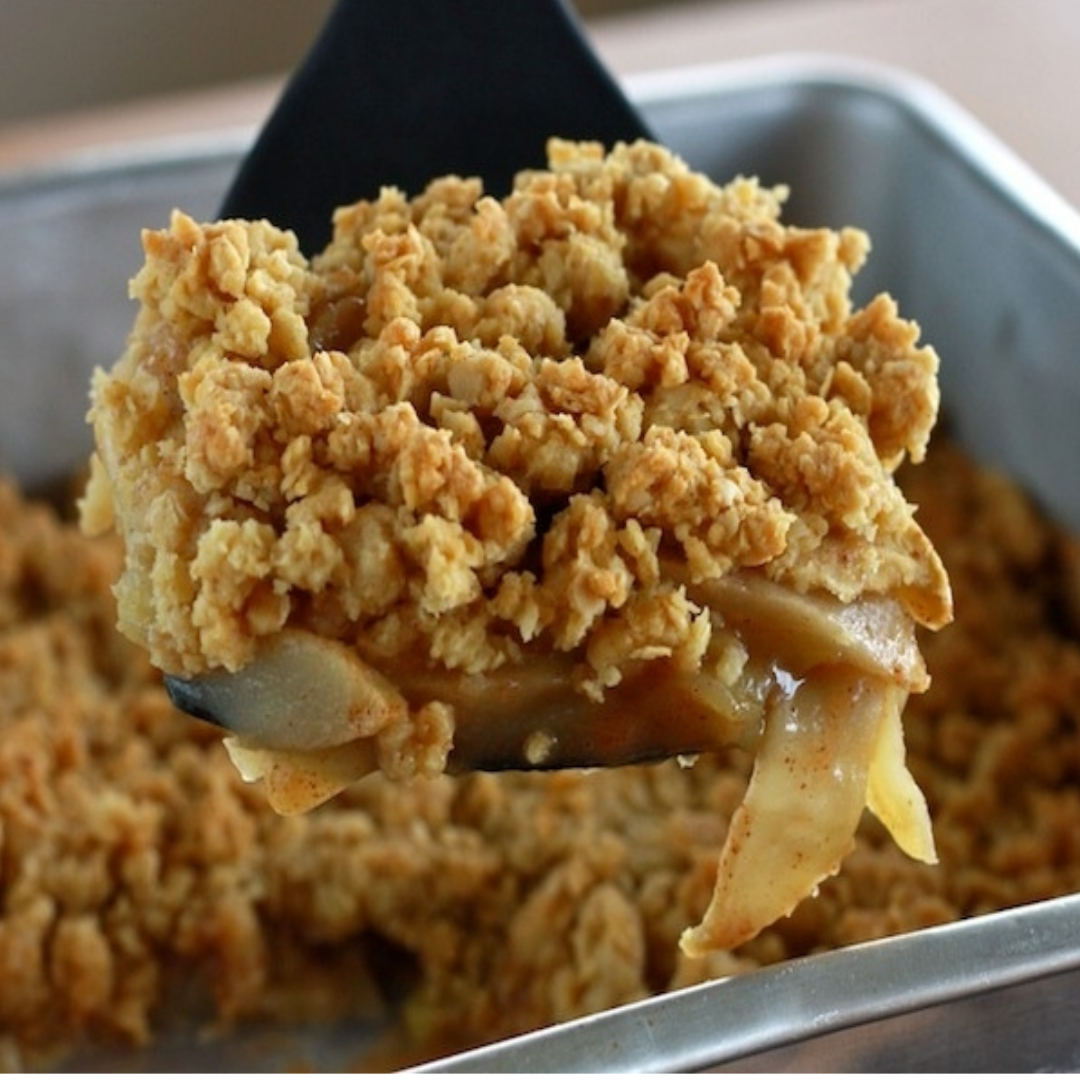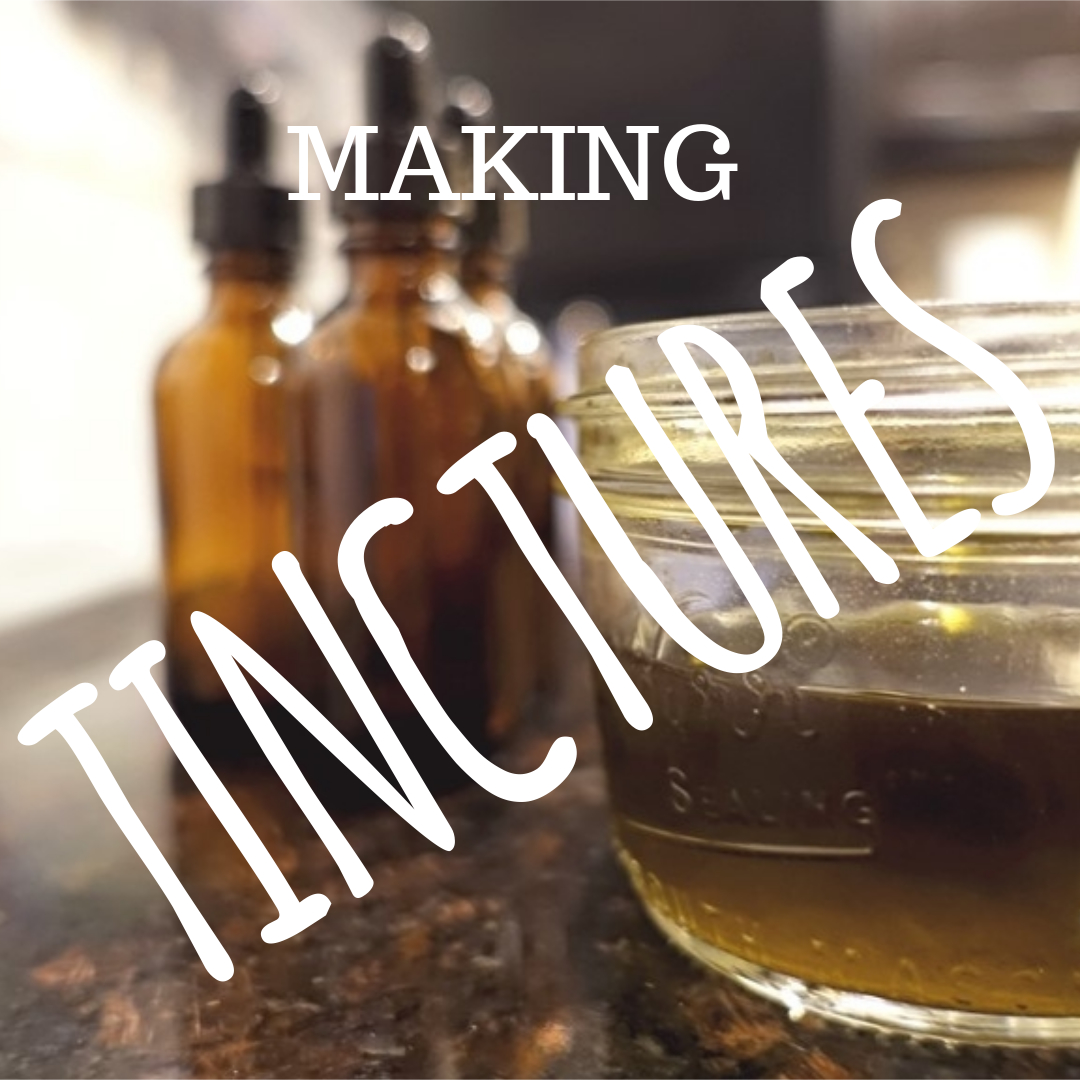THC & Diabetes
Can Cannabis Help Manage Blood Sugar?
The number of people with diabetes has quadrupled over the past 30 years, according to the World Health Organization (WHO). With new research suggesting that cannabis—especially its cannabinoids like THC and CBD—may help regulate blood sugar and reduce inflammation, more patients are looking to marijuana as a possible complementary tool for managing diabetes.
So, what's the deal? Can weed actually help with diabetes, or is that just smoke and hype?

Let's take a look at how cannabis might (and might not) help, what science says so far, and what strains or methods may be worth exploring—without falling into the cookie jar.
What Are THC and CBD?
Marijuana contains over 100 compounds known as cannabinoids, but the two most well-known are:
-
THC (tetrahydrocannabinol): the psychoactive one—the stuff that gets you high
-
CBD (cannabidiol): the mellow, non-psychoactive cousin with anti-inflammatory and calming effects
Your body actually makes its own cannabinoids (wild, right?)—and it has a built-in system of cannabinoid receptors called the endocannabinoid system (ECS). This system helps regulate things like mood, pain, inflammation, appetite, and yes—blood sugar and insulin function.
Potential Cannabis Benefits for Diabetes
While cannabis isn't a cure, early research has uncovered several potential benefits for people with diabetes:
Blood Sugar and Insulin
-
May improve insulin sensitivity
-
Could lower fasting blood glucose levels
-
Helps regulate metabolism and body weight
-
May boost adiponectin, a hormone that plays a role in blood sugar regulation
Eye and Nerve Protection
-
May help protect against diabetic retinopathy (eye damage)
-
Could relieve symptoms of neuropathy (nerve pain or tingling in hands/feet)
Overall Wellness
-
Has anti-inflammatory and antioxidant properties
-
May help with chronic pain, mood disorders, muscle cramps, and GI discomfort
Bonus: CBD may support immune balance, heart function, and cell health—all important in long-term diabetes management.
Risks & Side Effects (No, It's Not All Brownies and Bliss)
While cannabis may have benefits, it's not a perfect match for everyone—especially for people managing diabetes. Here are a few things to keep in mind:
The Munchies Are Real
THC is notorious for ramping up appetite. For someone with diabetes, this can lead to over-snacking or cravings for high-carb foods, which could spike blood sugar.
⚠️ Possible Side Effects
Too much THC—especially for new users—can lead to:

-
Dizziness or confusion
-
Rapid heartbeat
-
Shaking or sweating
-
Slower reaction times
-
Memory or concentration issues
Quality Control
If you're using unregulated cannabis products (especially from the black market), you don't always know what you're getting. That includes unknown THC/CBD levels, possible pesticides, or even contaminants.
Always buy from a reputable dispensary, and check third-party lab testing whenever possible.
Drug Interactions
Cannabis may interact with other medications (including insulin or metformin). Even grapefruit juice affects drug absorption, so don't assume cannabis is risk-free. Talk to a doctor who knows their stuff.
How to Use Cannabis Safely for Diabetes
If you're interested in trying cannabis, consider non-smoking options like:
-
Tinctures or oils (precise dosing, discreet)
-
Edibles (start low—effects are strong and long-lasting)
-
CBD capsules (no THC, no high)
-
Topicals (for nerve pain or inflammation)
Smoking anything isn't ideal for lung health, and for people with chronic conditions like diabetes, cleaner delivery methods are the way to go.
Legal Status of CBD & THC 2025
CBD (Cannabidiol)
-
Federally legal in the U.S. if it contains less than 0.3% THC
-
FDA has approved Epidiolex, a CBD-based epilepsy drug
-
Available over-the-counter, but not all products are created equal
THC (Tetrahydrocannabinol)
-
Still illegal under U.S. federal law
-
Legal medically or recreationally in many states
-
Products containing THC may be restricted depending on where you live
Canada, the U.K., and parts of Europe have approved Sativex, a spray containing both THC and CBD, for treating muscle spasms and nerve pain.
What's Next?
More research is needed to confirm exactly how THC and CBD affect diabetes. Organizations like the National Institute on Drug Abuse (NIDA) are funding studies, but until then, cannabis should be seen as a complementary option, not a replacement for insulin, a healthy diet, or regular exercise.
Final Thoughts
Cannabis shows a lot of promise in helping people with diabetes manage symptoms like inflammation, nerve pain, and blood sugar instability. But it's not a magic fix, and like any therapy, it comes with risks—especially when it comes to dosing, quality, and how it might interact with other meds.
If you're considering trying THC or CBD, talk to your doctor, track your blood sugar closely, and start with low doses to see how your body responds. And maybe skip the munchies unless you've got some Chef 420's low-sugar chocolate chip cookies on deck.
Curious which strains may help with diabetes management? Check out Chef420s guide to the 10 Best Cannabis Strains for Diabetes
⚠️ Disclaimer (aka The Fine Print You Should Totally Read)
This article is for informational and educational purposes only—not a substitute for actual medical advice or a license to light up in the name of science. Cannabis laws vary by country, state, and city—so always check your local rules before trying any THC or CBD products.
We're not doctors or lawyers—just your friendly cannabis content creators. So before you experiment with green therapy, consult a healthcare pro and make sure you're playing it safe. Stay healthy, stay smart, and don't blame us if you eat a whole pizza and forget your password.
Common Questions;
Q: How about CBD and Metformin?
A: I have found nothing but good things about CBD, in eliminating the need for Metformin. With other beneficial effects, CBD looks like a great alternative for treating diabetes.
Q: What is the best CBD oil for diabetes type 1&2?
A: The most standard method that you can use to find the perfect CBD oil is just by trying different varieties so that you can find which one is working best for your needs.
Q: What is project cbd diabetes?
A: Project CBD is a web-site dedicated to diabetes, and Information concerning CBD and cannabis in relation to Diabetes and related conditions.
Q: can a diabetic get a medical marijuana card?
A: It depends on where you live, and if your doctor thinks it is a good alternative medication for you- make sure to ask your doctor about CBD. In some states you no longer need a prescription or recommendation.








